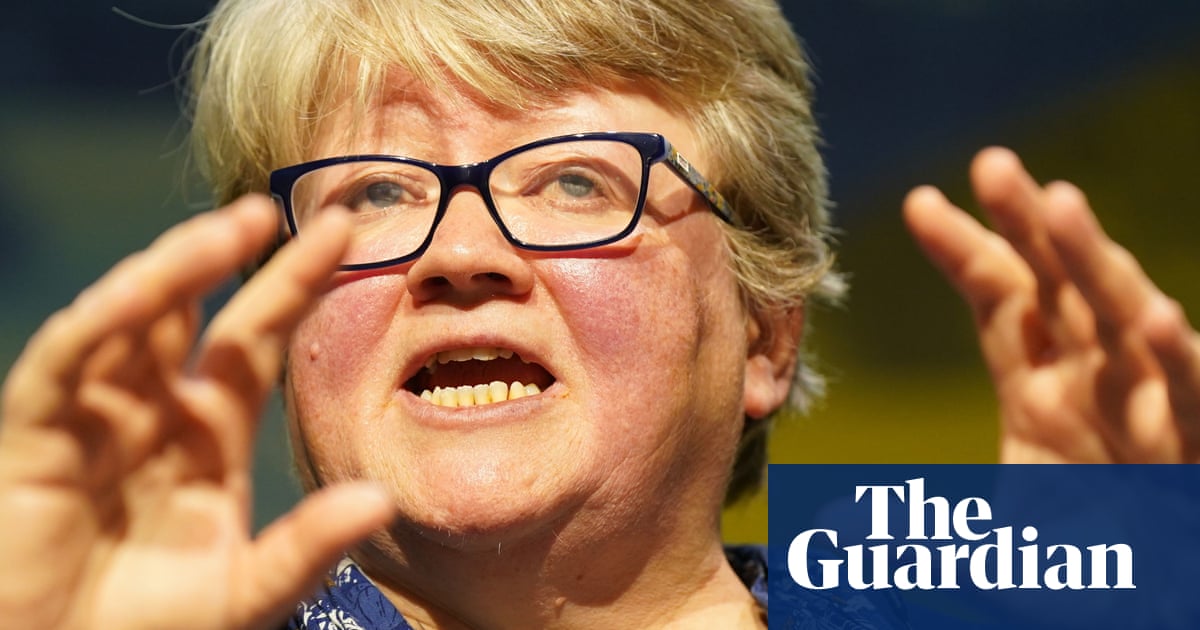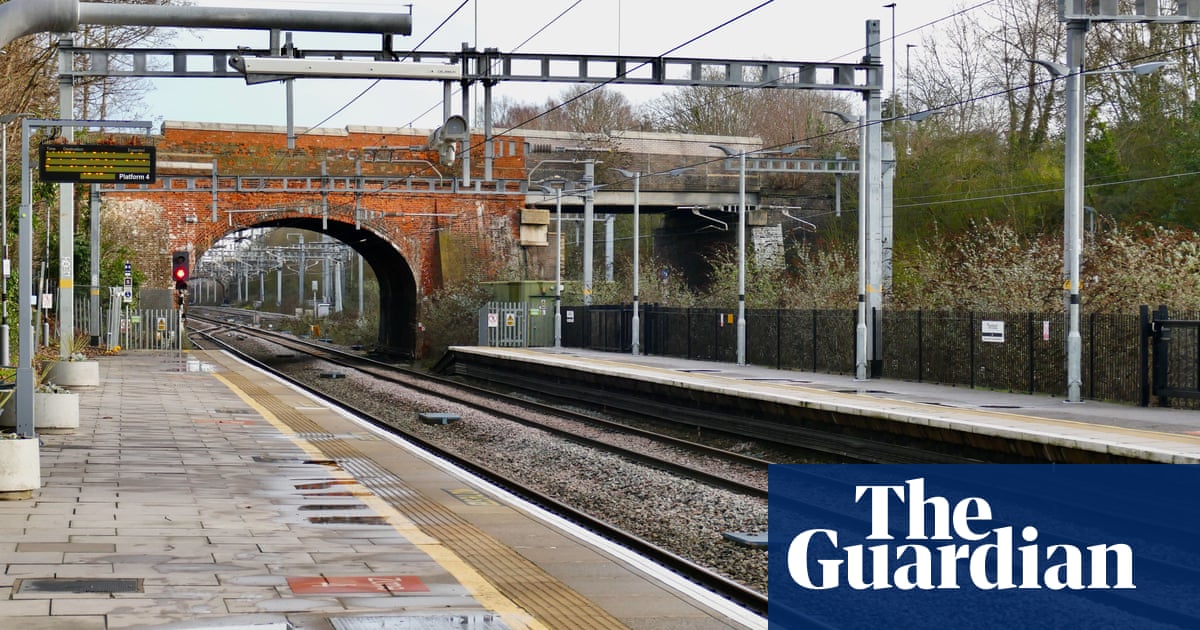
Forces loyal to the Libyan warlord Gen Khalifa Haftar may be willing to end their blockade of the country’s oilfields, opening the way for a ceasefire, as a result of talks between the UN, US, France and Egypt.
Under a deal under discussion for the past two weeks, the Libyan National Oil Corporation (NOC) – one of the few institutions that has avoided a split between the country’s east and west – would restart production and exports, but the oil revenue would not be sent immediately to the Tripoli-based Central Bank of Libya, which Haftar’s eastern faction has accused of failing to hand over its fair share.
The distribution of oil revenues has been a focal point of grievance fuelling Libya’s civil war. Successive blockades of the oilfields have deprived the NOC of as much as £6bn revenue.
Proposals in the talks include that the revenues be split between as many as three banks representing different regions, with an agreement not to use them for military purposes. Eastern tribal leaders are being consulted on the plans.
Last week a convoy of Russian mercenaries from the Wagner group, believed to be acting with the consent of Moscow, entered the giant Sharara oilfield accompanied by Sudanese fighters in a show of force designed to protect territory controlled by forces supporting Haftar.
The bold move deepened the risk of a confrontation between Moscow and Turkey, which supports the opposing Government of National Accord (GNA). Turkey has turned the tide of the war in the GNA’s favour since sending its own mercenary forces this year, allowing the GNA to lift Haftar’s siege of Tripoli and push towards the oilfields and coastal town of Sirte.
France and Egypt support Haftar, and it is understood that a third country backing Haftar, the United Arab Emirates, has been kept informed of the talks.
An NOC spokesman confirmed there were talks and said: “We are hopeful that those regional countries will lift the blockade and allow us to resume our work for the benefit of all the Libyan people. We need to resume work immediately to save our infrastructure and the Libyan economy.
“NOC is determined that the agreement will guarantee transparency and that oil revenues will achieve social justice for all Libyans. The corporation also intends the agreement will include solutions to protect the oil facilities and make sure they are never used as a military target or a political bargaining chip again.”
The chairman of the NOC, Mustafa Sanalla, has long been pressing for an NOC force capable of defending the oilfields, pipelines and export terminals.
Sanalla has denounced the Russian move into the oilfields, saying: “Libya’s oil is for the Libyan people, and I completely reject attempts by foreign countries to prevent the resumption of oil production […] We do not need Russian and other foreign mercenaries in Libya.”
The acting UN special envoy, Stephanie Williams, has also expressed her frustration at the presence of Russian troops in the oilfields.











